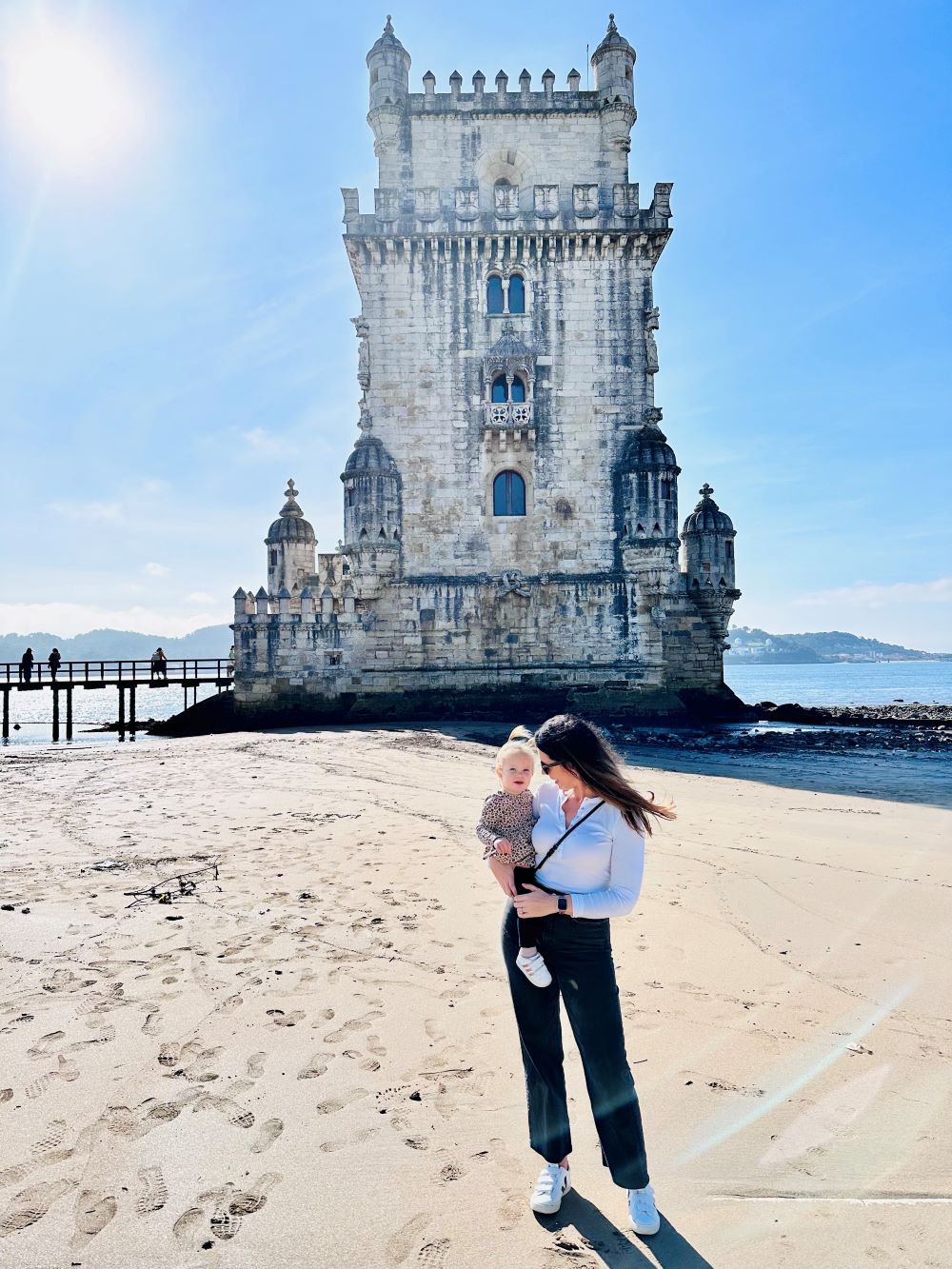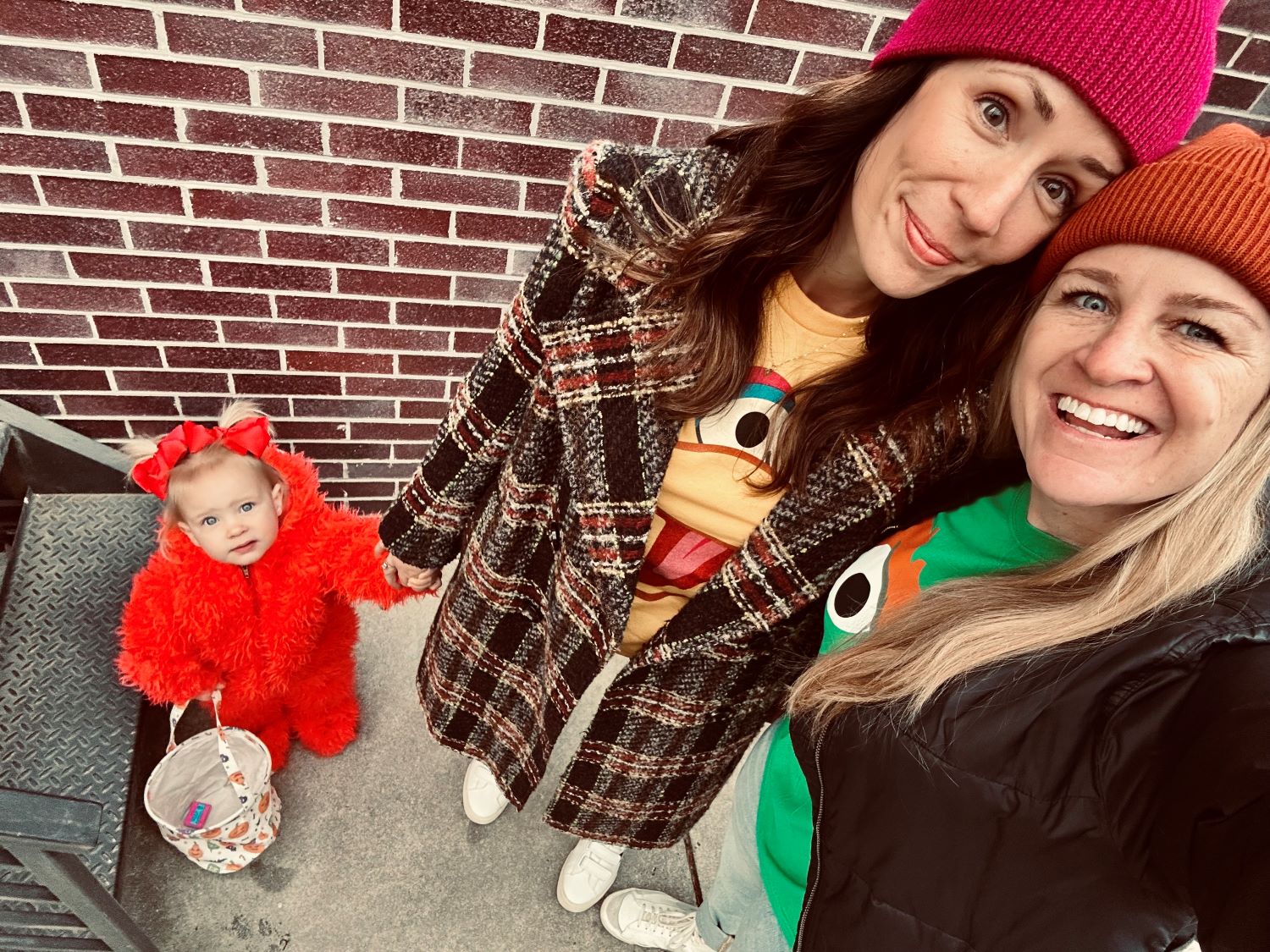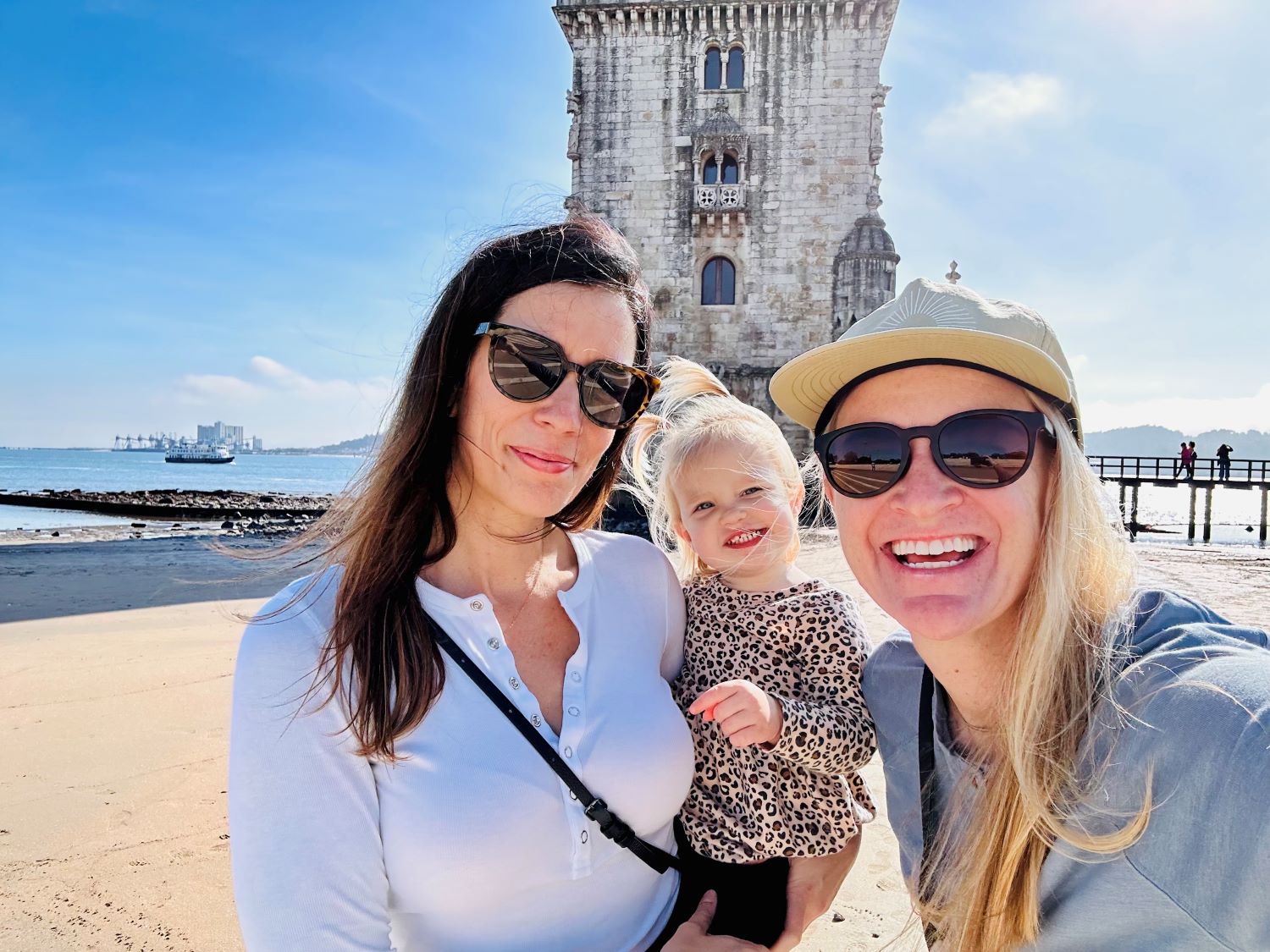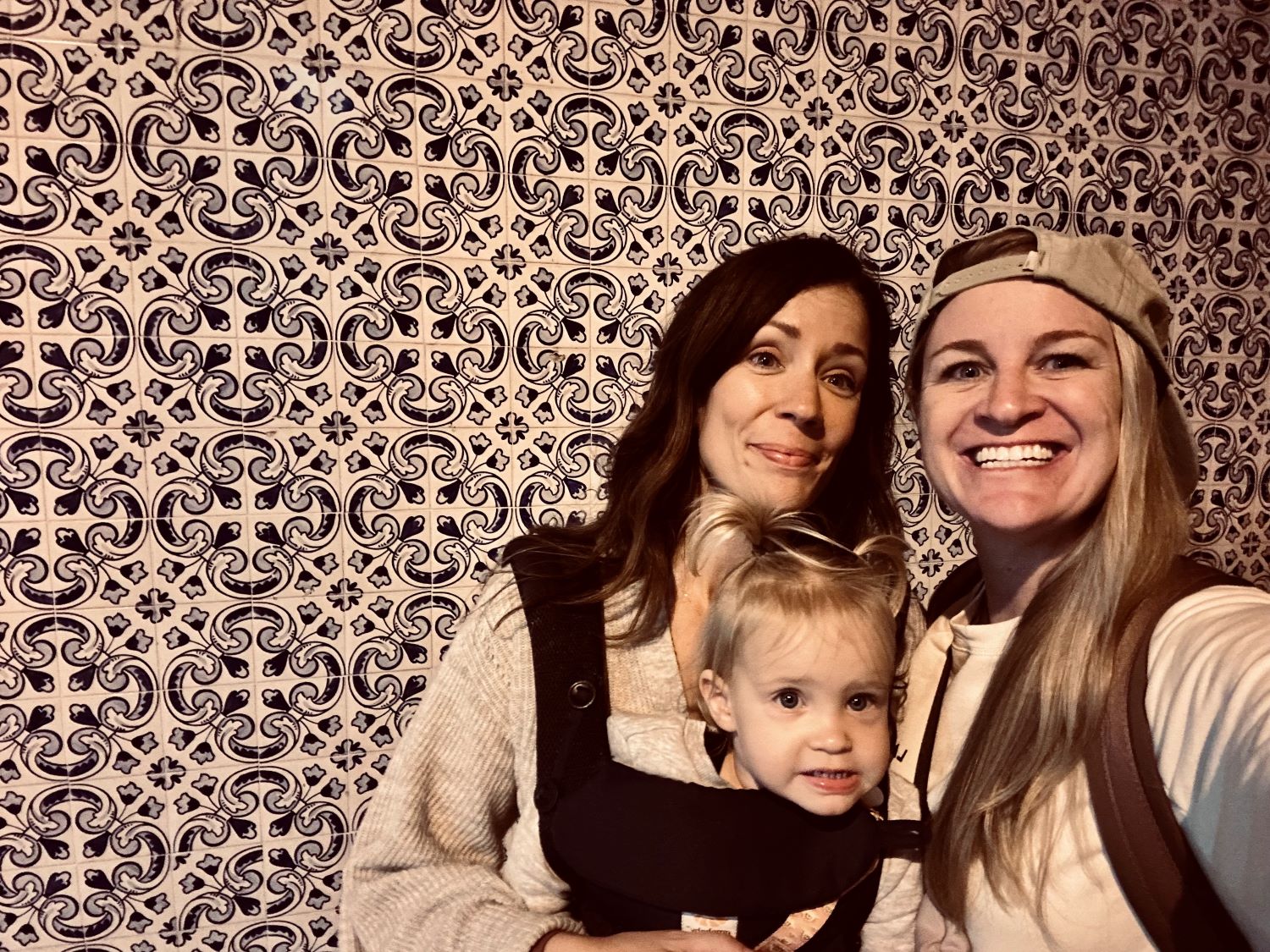Nicole Phipps took a job working in lung cancer advocacy almost thirteen years ago to honor her grandfather, a lung cancer survivor. Now she’s applying that passion—and her considerable skills—to ensure that vital lung cancer education, support, connection, and community are accessible to all.
Meet GO2 for Lung Cancer’s senior director of support programs and community engagement. In addition to working directly with the rest of the Patient and Support Services team, she spearheads the organization’s health equity efforts and leads GO2’s National Ambassador Council. The NAC is a group of volunteer leaders from the lung cancer community who provide guidance, direction, feedback, and support to help the organization expand its reach and best meet the needs of people with lung cancer.
 Monthly Measure caught up with Phipps to learn more about her—and her work at GO2. We asked Phipps to expand on her role in the organization’s internal Diversity, Equity, Inclusion, and Belonging (DEIB) Committee and co-leading GO2’s efforts to embed health equity into all of our work with the lung cancer community.
Monthly Measure caught up with Phipps to learn more about her—and her work at GO2. We asked Phipps to expand on her role in the organization’s internal Diversity, Equity, Inclusion, and Belonging (DEIB) Committee and co-leading GO2’s efforts to embed health equity into all of our work with the lung cancer community.
“Our DEIB Committee is composed of staff who drive and support our organization-wide commitment to ensure that GO2 employees feel a sense of belonging and are comfortable bringing their true and full selves to our important work,” explained Phipps.
As part of that work, the committee has created a matrix detailing their work to date in all four areas as well as a DEIB Strategic Framework to guide the organization’s efforts going forward.
Phipps stressed that internal and external diversity initiatives are connected.
“For us to embed health equity in our work we have to make sure that our community feels represented, heard, and understood by our staff,” she said. “Thus, it is important that we have employees with a variety of backgrounds and experiences who are prepared, in a culturally competent way, to serve the community we serve.”
Embedding DEI to confront lung cancer
GO2’s health equity initiative ensures that the organization’s programs, events, and services are inclusive of and meet the needs of everyone at risk for or diagnosed with lung cancer—regardless of race, ethnicity, gender, sexual identity, economic status, or geography.
“I think we’ve done really well in the past serving the people who come to us needing support, education, connection, and community,” said Phipps. “But it’s not good enough to only serve those folks who are able to self-select. We really need to make an impact in the outcomes of everyone at risk for or diagnosed with lung cancer.”
Working with a health equity consulting firm, Phipps and her colleagues identified 10 priority populations (including racial and ethnic groups, rural populations, socioeconomic disparities, gender disparities, sexual orientation, and veterans) and conducted a review of the state of healthcare inequity for these groups across the lung cancer care continuum. The results of who has access and how different priority populations access care, from early detection to survivorship, were published in the fall of 2023.
“Now that we have this data, we are creating a strategic plan around our health equity efforts in order to tweak, expand, and/or grow our existing programs to better meet the needs of these priority populations,” said Phipps. “As we dig in, we may also find that we need to shift the focus of some of our existing programs or even create new programs to better serve the broader lung cancer community.”
Phipps offered a few examples of how GO2 is already working to embed health equity across its programs.

“We are exploring impactful ideas like expanding the reach of our Centers of Excellence network to help ensure that all people at risk for and diagnosed with lung cancer have access to great care, no matter who they are or where they live, and bringing our regional Lung Cancer Living Room into communities that need lung cancer education the most,” she said. “Our events team is exploring ways to make our community events accessible to all including financial assistance programs, and our science and research team is working on ways to better understand and assess biomarker testing rates and clinical trial rates in marginalized populations. These are just a sampling of the many ways GO2 is working to ensure that our programs meet the needs of everyone with lung cancer.”
Finally, we asked Phipps what she does when she’s not working. The Maryland native lives in Philadelphia with her wife, almost two-year-old daughter, one dog, and two cats. She loves to travel; her family took a trip to Portugal at the end of last year and is looking forward to going to Scotland this spring. And in her spare time, she reads—a lot. Phipps told Monthly Measure that she reads about 75 books a year, including novels by favorite authors Donna Tartt, Barbara Kingsolver, Chimamanda Ngozi Adichie, and David Mitchell.




Leave A Comment